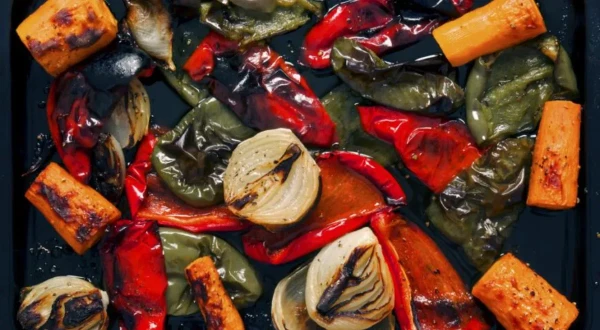
Many believe that the less vegetables are subjected to heat treatment, the healthier they are.
However, nutritionists — including experts from EatingWell — are increasingly saying the opposite. Some foods reveal their nutritional properties only after cooking, as the body is able to absorb more antioxidants, vitamins, and minerals from them.
In particular, the list of foods that require processing includes:
carrots;
tomatoes;
spinach;
onions;
eggplants.
Carrots — Beta-Carotene
When heated, the cell walls of carrots break down, making beta-carotene, a precursor to vitamin A, more accessible for absorption. Studies show that when boiled, for example, its bioavailability increases by 6–7 times.
Tomatoes — Lycopene
During cooking, the amount of lycopene in tomatoes does not decrease but rather increases. This antioxidant protects blood vessels and reduces the risk of cancer. Moreover, fried or baked tomatoes with olive oil are the optimal way to absorb lycopene, as it is fat-soluble.
Spinach and Other Greens — Iron and Calcium
When steamed or baked, the level of oxalates, natural compounds that hinder mineral absorption, decreases in leafy greens. As a result, iron and calcium from spinach, cabbage, and other foods also become more accessible.
Onions — Quercetin
When baked or sautéed, the amount of quercetin in onions increases — a compound known for its anti-inflammatory properties. If you are making soup, some antioxidants transfer to the broth, so the benefits remain.
Eggplants — Numerous Antioxidants
Raw eggplants contain bitter compounds, which disappear when baked or fried. Heat treatment also makes the antioxidants in the skin more absorbable.

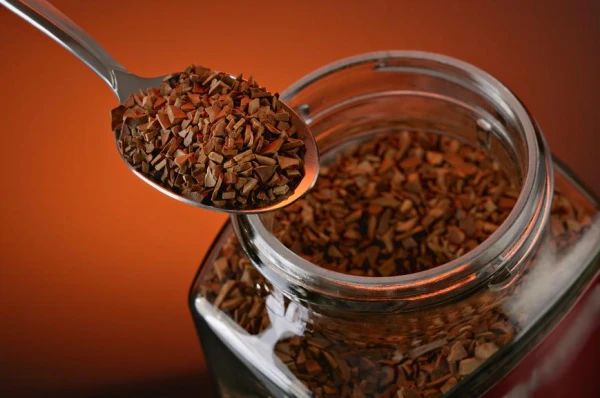
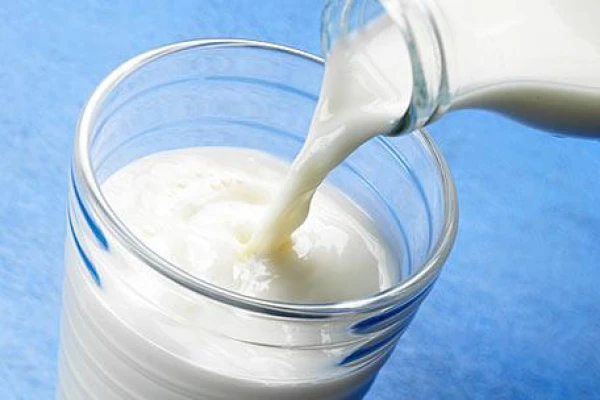
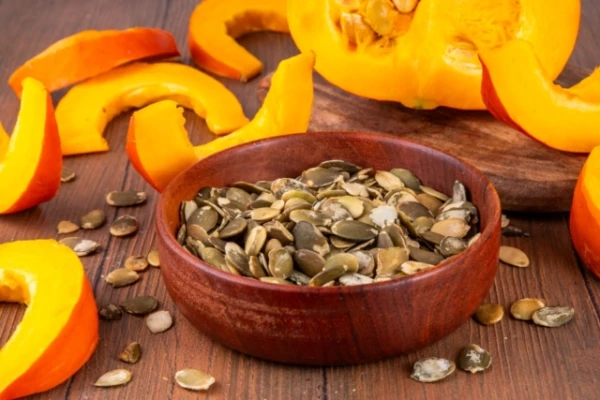
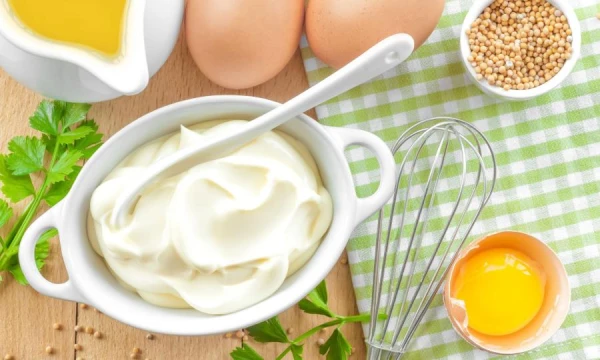

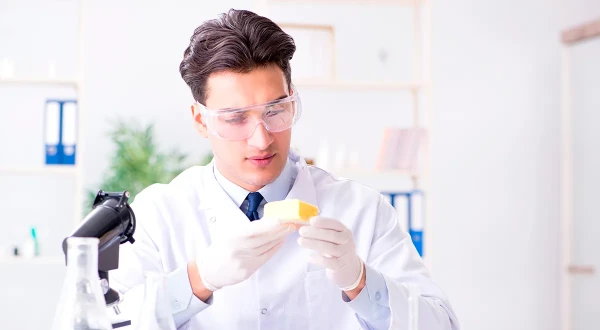

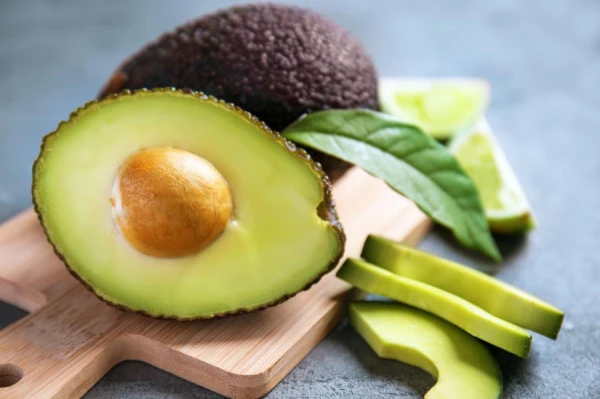



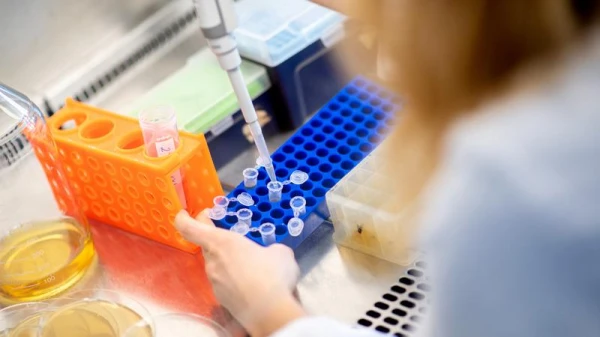

Leave a comment